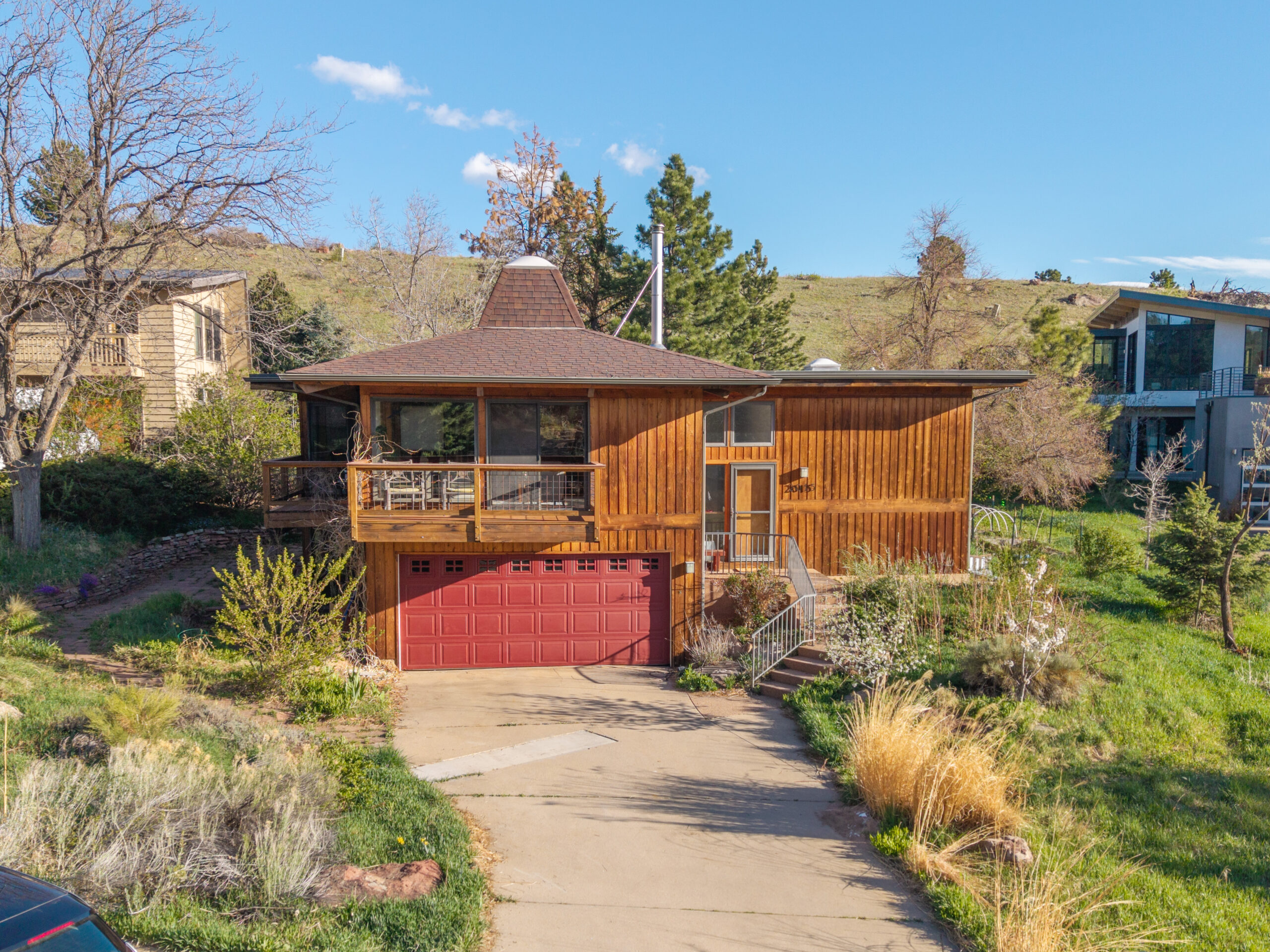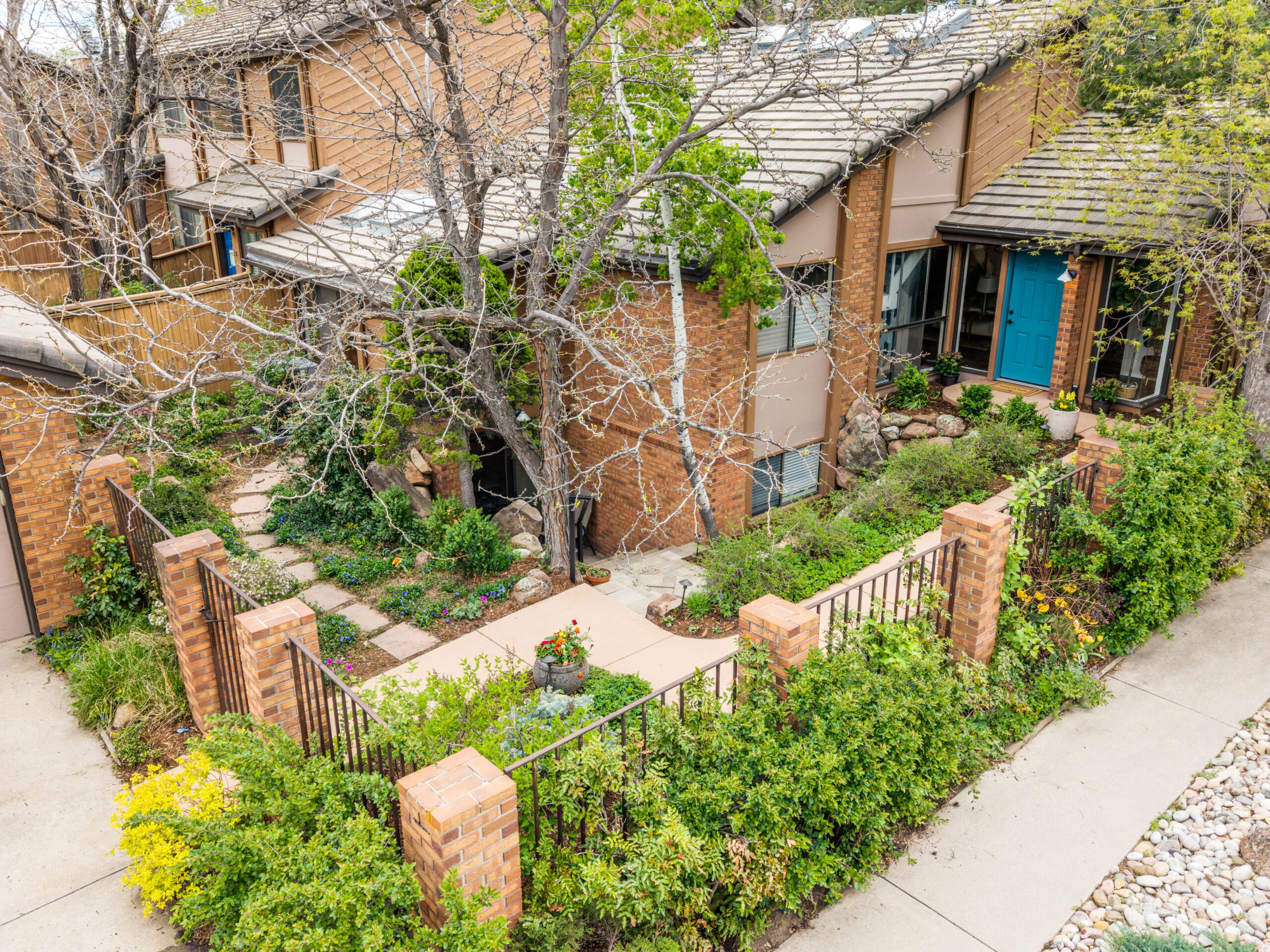The Basics of 1031 Exchange
by Osman Parvez

There nearly always seems to be some degree of confusion as to how these work. Here’s an overview.
What Is A 1031 Exchange? It’s a process where sellers can defer capital gains tax on the sale of an investment property by reinvesting the proceeds in another property, provided certain requirements are met. These are also called “like-kind” exchanges.
What Are The Benefits? By deferring capital gains tax on the sale of your investment property, you’ll have greater capital for reinvestment. This may lead to a larger overall real estate portfolio and the potential for greater return on investment.
Can A Realtor Help? Yes, at every step in the process, an experienced agent can help. They will provide referrals to reputable intermediaries and assist in the sale of your existing property, help you identify replacement properties during the allotted 45 days period, and greatly assist in negotiating and successful closing the purchase of replacement property.
What Are The Steps to 1031 Exchange?
1. The first step is to find a Qualified Intermediary to oversee the exchange process and draw up the exchange contract. The intermediary should take steps to check that the exchange meets Internal Revenue Code Section 1031 requirements. It is also recommended to check with your tax and legal adviser as to the benefits of doing a 1031 exchange. Note: You must initiate the 1031 exchange process prior to selling your existing property.
2. The Qualified intermediary will provide you with verbiage to use in the purchase and sale agreement indicating you will be performing a 1031 exchange. Here’s an example of the language when selling:
“Buyer is aware that Seller intends to perform a IRC §1031 tax deferred exchange. Seller requests Buyer’s cooperation in such an exchange and agrees to hold Buyer harmless from any and all claims, liabilities, costs, or delays in time resulting from such an exchange. Buyer agrees to an assignment of this contract to [the qualified intermediary] by the Seller.”
Here’s an example when buying:
“Seller is aware that Buyer intends to perform an IRC §1031 tax deferred exchange. Buyer requests Seller’s cooperation in such an exchange, and agrees to hold Seller harmless from any and all claims, liabilities, costs, or delays in time resulting from such an exchange. Seller agrees to an assignment of this contract to [the qualified intermediary] by the Buyer.”
3. Once a purchaser for the property comes forward, the Intermediary works with the agent, and title or escrow agency to transfer the property to the purchaser.
4. Upon completion of the transfer to the purchaser, the Intermediary deposits the proceeds in a financial institution for the benefit of the seller where those funds must remain until they are reinvested in the replacement property.
5. From the date of the sale of the relinquished property, the seller has 45 days to identify, in writing, possible replacement properties.
6. The purchase of the replacement property (or properties) must be completed within 180 days of the initial sale of the relinquished property, or the due date of the taxpayer’s Federal Tax Return, whichever is earlier (including extensions). At this time the Intermediary will complete the exchange process.
Are There Other Types of 1031 Exchanges? YES! There is the delayed or deferred exchange, the reverse exchange, the property improvement exchange, the tenancy in common (TIC) exchange, and the personal property exchange. The list is growing…
What Are The Time Requirements? 1. Properly identify potential replacement properties within 45 calendar days (the”Identification Period”)
2. Close on the replacement properties within 180 calendar days of the relinquished property sale – OR – the due date (including extensions) for the Exchanger’s tax return for the taxable year in which the relinquished property was transferred, whichever is earlier (the “Exchange Period”)
p.s. I repeated this because clients often seem to contact us with little or no time remaining.
How Do I Learn More? There are tremendous resources available online. The National Association of Realtors has put together a big list of resources. You can also find more resources by clicking here.
I’m Ready, How Do I Get Started? Call me at 303.746.6896 to discuss your situation.
—-
Want to get blog updates via email? Click HERE.
Ready to buy or sell? Schedule an appointment or call 303.746.6896.
You can also like our Facebook page or follow us on Twitter.
As always, your referrals are deeply appreciated.
—
The ideas and strategies described in this blog are the opinion of the writer and subject to business, economic, and competitive uncertainties. We strongly recommend conducting rigorous due diligence and obtaining professional advice before buying or selling real estate.
The Basics of 1031 Exchange
by Osman Parvez

There nearly always seems to be some degree of confusion as to how these work. Here’s an overview.
What Is A 1031 Exchange? It’s a process where sellers can defer capital gains tax on the sale of an investment property by reinvesting the proceeds in another property, provided certain requirements are met. These are also called “like-kind” exchanges.
What Are The Benefits? By deferring capital gains tax on the sale of your investment property, you’ll have greater capital for reinvestment. This may lead to a larger overall real estate portfolio and the potential for greater return on investment.
Can A Realtor Help? Yes, at every step in the process, an experienced agent can help. They will provide referrals to reputable intermediaries and assist in the sale of your existing property, help you identify replacement properties during the allotted 45 days period, and greatly assist in negotiating and successful closing the purchase of replacement property.
What Are The Steps to 1031 Exchange?
1. The first step is to find a Qualified Intermediary to oversee the exchange process and draw up the exchange contract. The intermediary should take steps to check that the exchange meets Internal Revenue Code Section 1031 requirements. It is also recommended to check with your tax and legal adviser as to the benefits of doing a 1031 exchange. Note: You must initiate the 1031 exchange process prior to selling your existing property.
2. The Qualified intermediary will provide you with verbiage to use in the purchase and sale agreement indicating you will be performing a 1031 exchange. Here’s an example of the language when selling:
“Buyer is aware that Seller intends to perform a IRC §1031 tax deferred exchange. Seller requests Buyer’s cooperation in such an exchange and agrees to hold Buyer harmless from any and all claims, liabilities, costs, or delays in time resulting from such an exchange. Buyer agrees to an assignment of this contract to [the qualified intermediary] by the Seller.”
Here’s an example when buying:
“Seller is aware that Buyer intends to perform an IRC §1031 tax deferred exchange. Buyer requests Seller’s cooperation in such an exchange, and agrees to hold Seller harmless from any and all claims, liabilities, costs, or delays in time resulting from such an exchange. Seller agrees to an assignment of this contract to [the qualified intermediary] by the Buyer.”
3. Once a purchaser for the property comes forward, the Intermediary works with the agent, and title or escrow agency to transfer the property to the purchaser.
4. Upon completion of the transfer to the purchaser, the Intermediary deposits the proceeds in a financial institution for the benefit of the seller where those funds must remain until they are reinvested in the replacement property.
5. From the date of the sale of the relinquished property, the seller has 45 days to identify, in writing, possible replacement properties.
6. The purchase of the replacement property (or properties) must be completed within 180 days of the initial sale of the relinquished property, or the due date of the taxpayer’s Federal Tax Return, whichever is earlier (including extensions). At this time the Intermediary will complete the exchange process.
Are There Other Types of 1031 Exchanges? YES! There is the delayed or deferred exchange, the reverse exchange, the property improvement exchange, the tenancy in common (TIC) exchange, and the personal property exchange. The list is growing…
What Are The Time Requirements? 1. Properly identify potential replacement properties within 45 calendar days (the”Identification Period”)
2. Close on the replacement properties within 180 calendar days of the relinquished property sale – OR – the due date (including extensions) for the Exchanger’s tax return for the taxable year in which the relinquished property was transferred, whichever is earlier (the “Exchange Period”)
p.s. I repeated this because clients often seem to contact us with little or no time remaining.
How Do I Learn More? There are tremendous resources available online. The National Association of Realtors has put together a big list of resources. You can also find more resources by clicking here.
I’m Ready, How Do I Get Started? Call me at 303.746.6896 to discuss your situation.
—-
Want to get blog updates via email? Click HERE.
Ready to buy or sell? Schedule an appointment or call 303.746.6896.
You can also like our Facebook page or follow us on Twitter.
As always, your referrals are deeply appreciated.
—
The ideas and strategies described in this blog are the opinion of the writer and subject to business, economic, and competitive uncertainties. We strongly recommend conducting rigorous due diligence and obtaining professional advice before buying or selling real estate.
Share This Listing!
More about the author
Osman Parvez
Owner & Broker at House Einstein as well as primary author of the House Einstein blog with over 1,200 published articles about Boulder real estate. His work has appeared in the Wall Street Journal and Daily Camera.
Osman is the primary author of the House Einstein blog with over 1,200 published articles about Boulder real estate. His work has also appeared in many other blogs about Boulder as well as mainstream newspapers, including the Wall Street Journal and Daily Camera. Learn more about Osman.
Work with
House Einstein
Thinking about buying or selling and want professional advice?
Call us at 303.746.6896
Your referrals are deeply appreciated.













